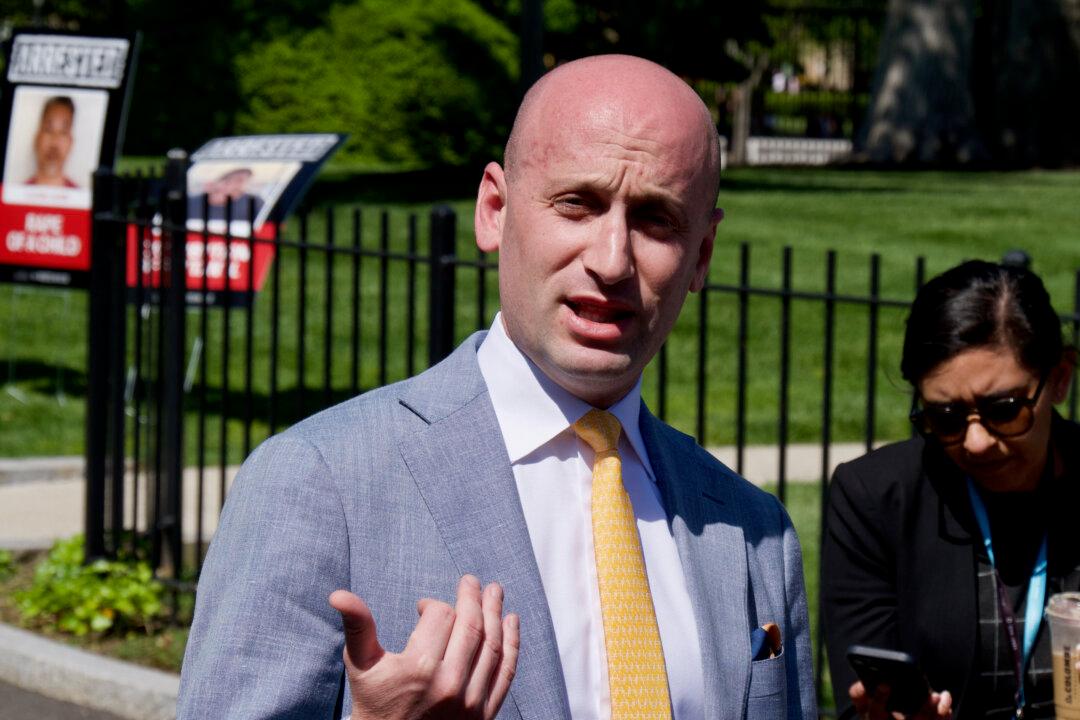The Trump administration may suspend the writ of habeas corpus as litigation plays out in cases where potential deportees sought to challenge their detention under that legal vehicle.
“The Constitution is clear ... that the privilege of the writ of habeas corpus can be suspended in a time of invasion,” Deputy Chief of Staff Stephen Miller said outside the White House on May 9.





